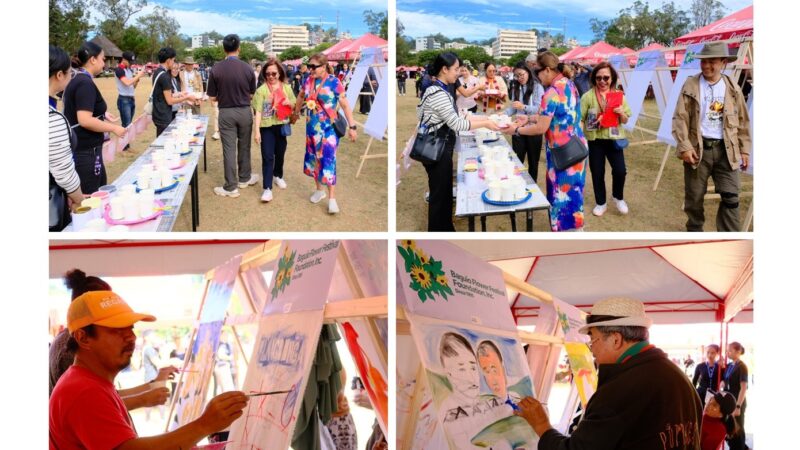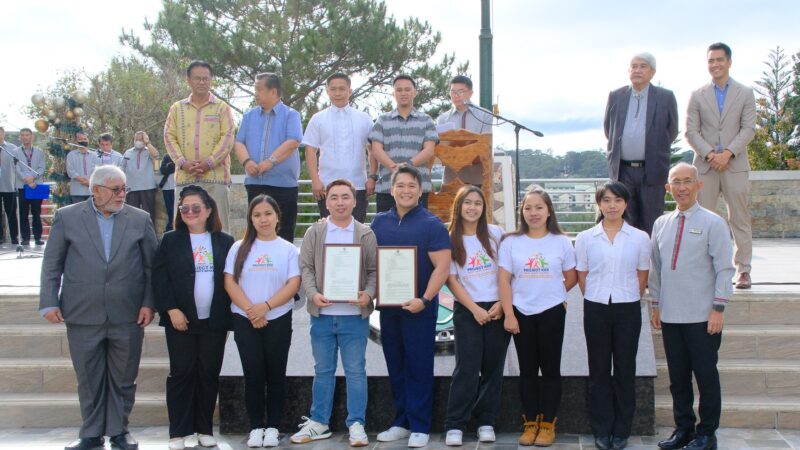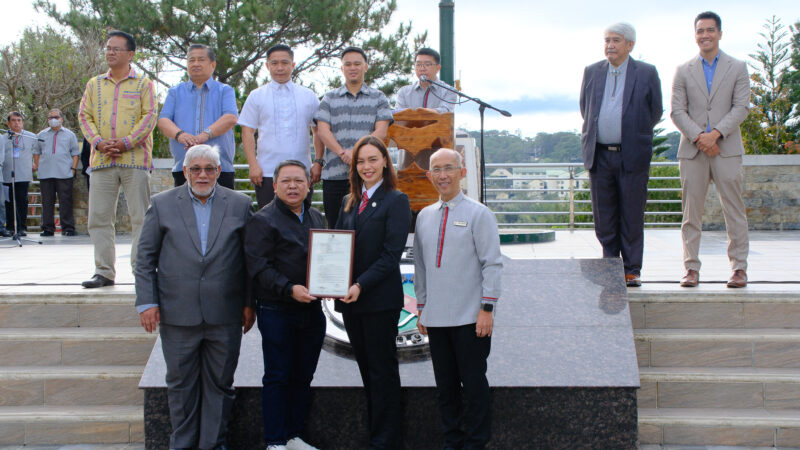Impact monitoring system, presented
BAGUIO CITY – City planning and development office head Archt. Donna Rillera Tabangin presented the 2021 Community-Based Monitoring System (CBMS) for Non-Pilot Local Government Units during the regular management committee meeting of local officials, April 13, at the Baguio Convention Center.
The CBMS is an organized process of data collection and processing at the local level and integration of data in local planning, program implementation and impact monitoring, she said.
Tabangin said that CBMS matches perfectly with the city’s goal of establishing an impact monitoring system with the capacity of gathering baseline data from the grassroots level on how individuals are “impacted” by the local government’s projects, programs and activities.
CBMS implementation in the Philippines as of June 15, 2016, has covered 75 out of 81 provinces; 895 out of 1,489 municipalities; and 76 out of 146 cities.
At least 239 LGUs had more than one round of CBMS census and out of that number, about 66 had at least three rounds of data collection, she said.
Formerly a program of the Department of Interior and Local Government but now spearheaded by the Philippine Statistics Authority, the CBMS would be an integral part of Baguio’s ongoing Smart City program that is data-intensive.
“What we are currently doing now is gathering surface information but when we conduct CBMS, this will be deep information about all individuals who live in this city,” Tabangin said.
Other than CBMS, data layers of a Smart City program include land use; zoning; building and business permits; urban green development; disaster management, climate change and contingency plans; infrastructure and road right of ways; mobility and transport; health and social services; tourism services and infrastructure.
Since a Smart City is about its people, Tabangin said CBMS would play a crucial role in the poverty profiling of residents whose basic needs are health, nutrition, housing, water and sanitation, education, income, employment, peace and order.
Terms of reference of a LGU include use of PSA-developed instruments and tools; provide manpower for CBMS; provide necessary IT requirements; print questionnaires and manuals; training; enumeration; processing; and others.
She mentioned, however, that while the old CBMS proposal several years ago was only P16 million, this year’s proposal is a whopping P45 million that city officials must consider on whether the program is worth pursuing or not.-Gaby B. Keith






